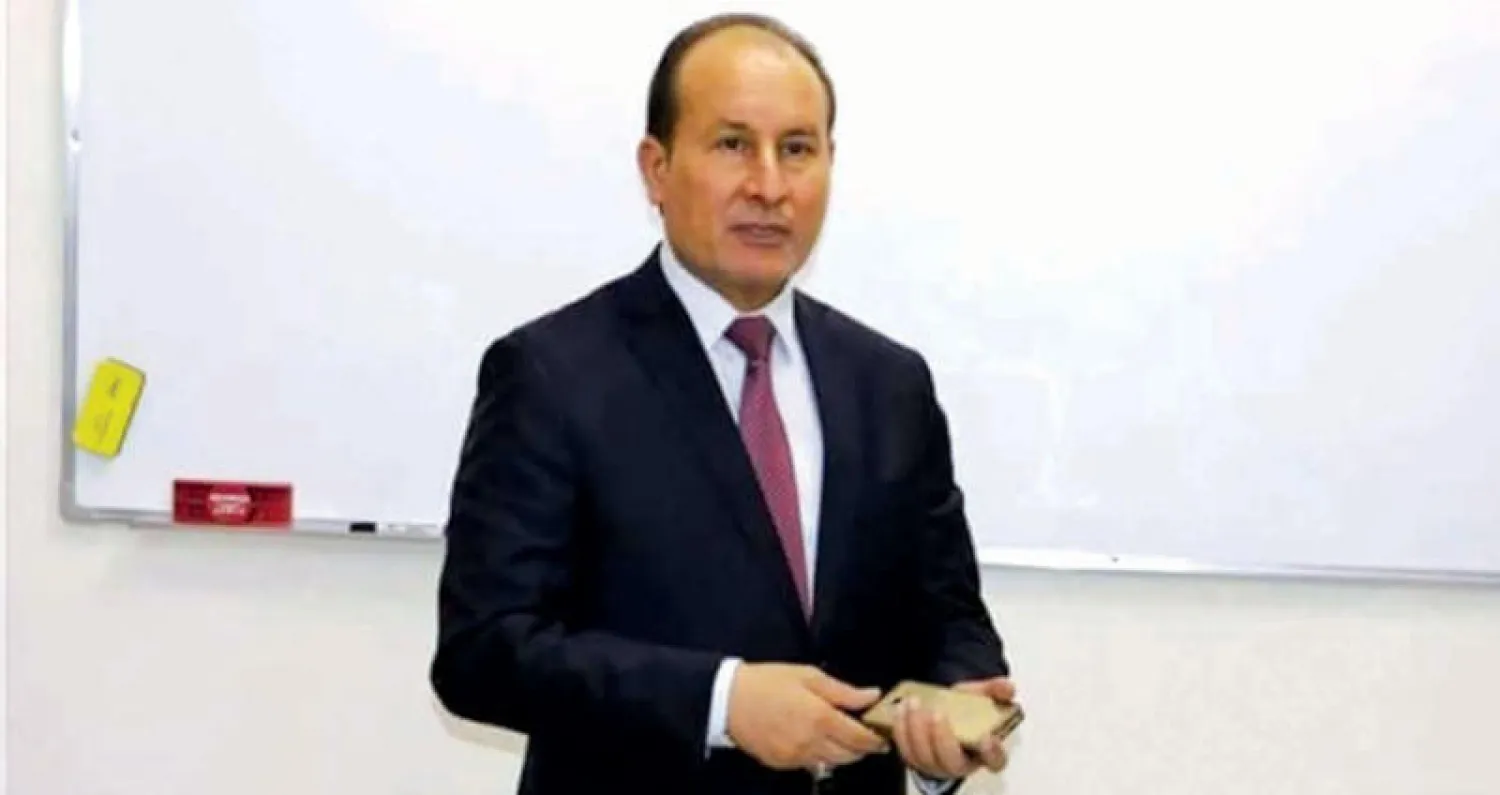The Popular Mobilization Forces (PMF) in Iraq laid to rest on Monday its financial manager, Qassem Daif al-Zubaidy, who was assassinated in mysterious circumstances.
The PMF had announced that he was killed in an assassination in Baghdad. It did not disclose details of his death, blaming in a Facebook post “the hand of deceit” of being behind his murder.
Similarly, the Iraqi Health Ministry did not reveal details of his death.
A security source told Asharq Al-Awsat however that an armed group was behind his murder.
It said that a group of four people raided Zubaidy’s home in Baghdad’s Karrada neighborhood on Sunday and killed him with a shot to the head.
Journalistic sources revealed that based on an order from Iraqi Prime Minister Haidar al-Abadi, the PMF formed an investigation committee, headed by Falih al-Fayyad, to uncover the circumstances of the murder. The results will be announced within a week.
The Dawa party, which Zubaidy was a member of, offered its condolences over the “criminal and terrorist” incident. It demanded in a statement the security forces to track down the perpetrators and those behind them.
Head of the Sadrist movement, Moqtada al-Sadr, also condemned the attack, demanding that the government bring those responsible to justice immediately.
The majority of the statements of condemnation did not refer to ISIS or other affiliated terrorist groups, but instead said that Zubaidy was a victim of deceit. This reinforced assumptions that the assassination was tied to groups linked to the PMF and that reap massive funds from it through fake names.
An informed source told Asharq Al-Awsat on condition of anonymity that the way the assassination was plotted “raises major questions over who was behind it.”
He explained that Zubaidy had a good reputation and he sought to reveal the names of thousands of fake names listed among the PMF ranks. These names are depleting large sums from the forces.
“Suspicions surround certain groups, but I do not think the probe will reveal the details of the incident or bring the perpetrators to justice any time soon,” the source predicted.









